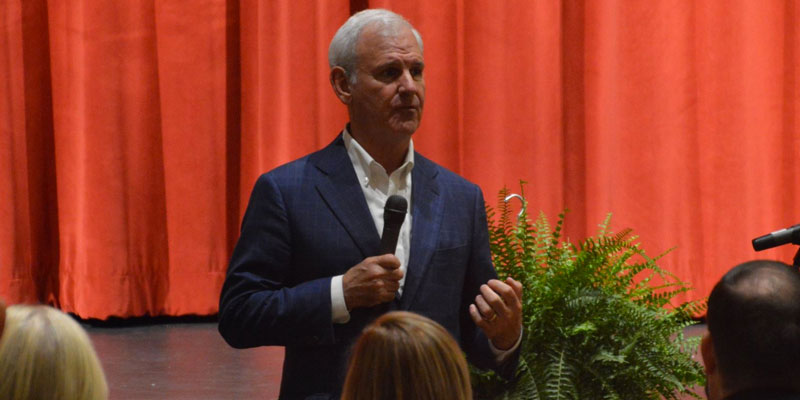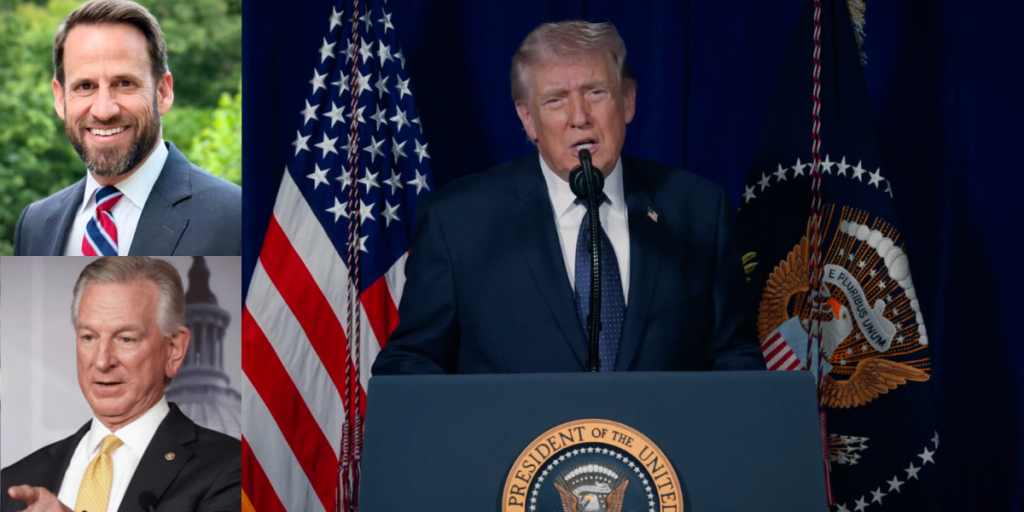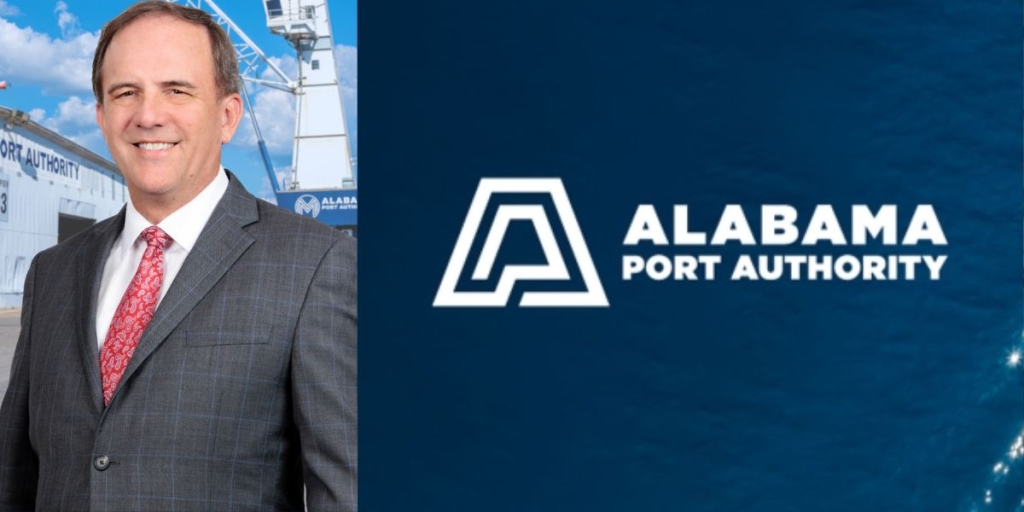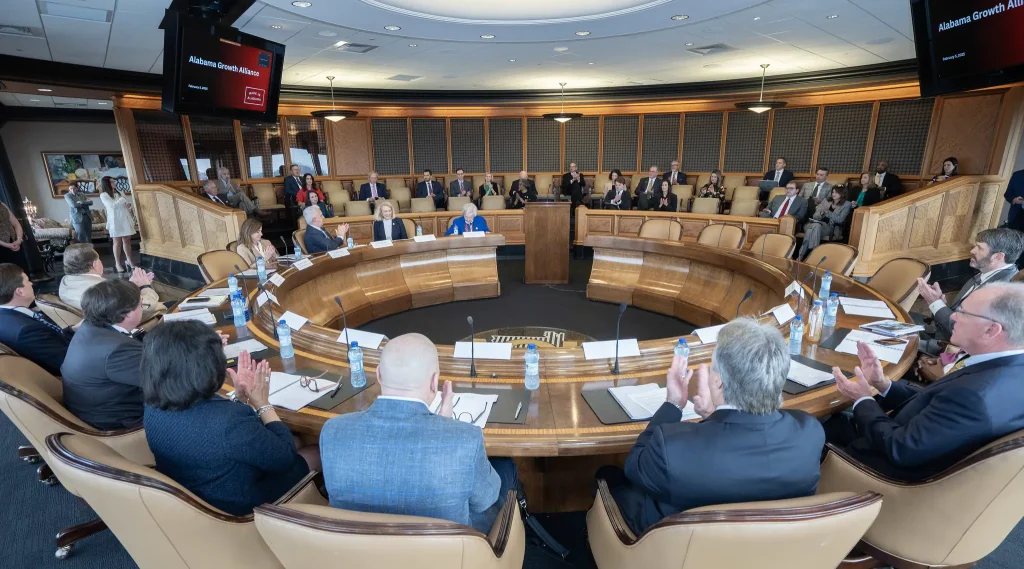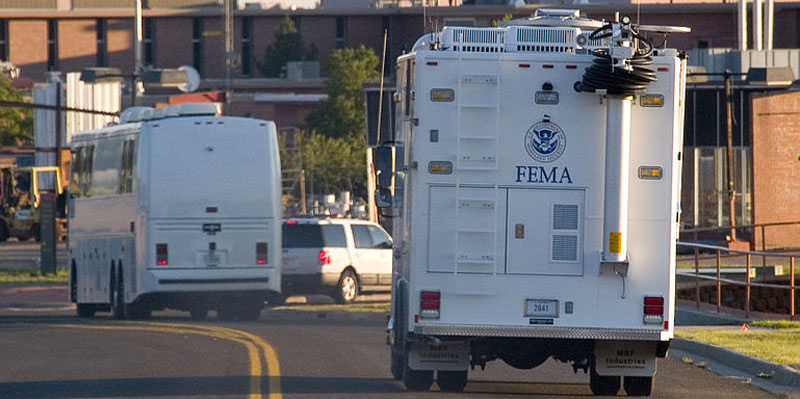One of the things we pride ourselves on as Alabamians is taking care of each other. Not only should this mean we take care of those we know or our next-door neighbors, it should also mean taking care of all those throughout our region, especially those experiencing hardships.
According to the Centers for Disease Control and Prevention, anywhere from 115 to nearly 200 Americans die every day from an opioid overdose. Last year alone, roughly 72,000 people died from this public health crisis. No community or group is exempt from the crisis. This is not a political issue. The opioid epidemic has been going on for far too long, and it is time that something be done about it.
It became clear early in the opioid epidemic, as we were just beginning to understand the problem, that treating the opioid crisis would require assistance from every level of government, but also from the private sector. This is more than a single statewide issue, or even a regional issue. The entirety of our country is being affected: every death is another loved one, friend, or neighbor that won’t see their loved ones again.
In Congress, we knew we needed to start looking for ways to support those in need in our own backyard, all across the nation. When it comes to a drug crisis like this, prevention comes down to early detection within the community, proper medical treatments, and patient support programs.
Last month, the House passed landmark legislation to address the opioid epidemic. Last Wednesday, the Senate passed that bill, known as the SUPPORT for Patients and Communities Act, and it will now be signed into law by President Donald Trump.
SUPPORT stands for Substance Use-Disorder Prevention that Promotes Opioid Recovery and Treatment. This multi-pronged solution will be able to better detect, treat, and provide recovery opportunity for those at risk or suffering from opioid abuse or overdose in our communities.
Our bipartisan bill will both establish and expand upon early-detection programs to better spot those who may be struggling with opioid addiction. It will also increase health care providers’ ability to treat patients with effective solutions, and it will establish drug management programs for at-risk beneficiaries under Medicaid.
This legislation is the most significant congressional action against a single drug crisis in our nation’s history: it is bipartisan, bicameral and it is a plan that will provide assistance to those who need it most.
This legislation comes on top of efforts over the last two years to increase funding for grant programs that help states deal with the opioid crisis. Top-down, government-knows-best solutions rarely work, so I support giving greater resources to allow states and local communities to develop programs that best meet the needs of their residents.
Oftentimes we can become wrapped up in our own world of heading to and from work, catching the game, and making sure the kids get to school on time. Rarely do we think of those who may be suffering through the struggles of addiction. But, we are all part of a community, and we cannot fail anyone in our community by not acting.
I am proud to say that Congress has done the right thing, and I will continue to support our medical providers, first responders, police officers and recovery program managers here in Alabama. They need our constant support.
I will also keep all those throughout the country who struggle through the awful grips of addiction in my prayers and will continue to look for greater ways we as a community can come together and provide for all our neighbors.
U.S. Rep. Bradley Byrne is a Republican from Fairhope.




